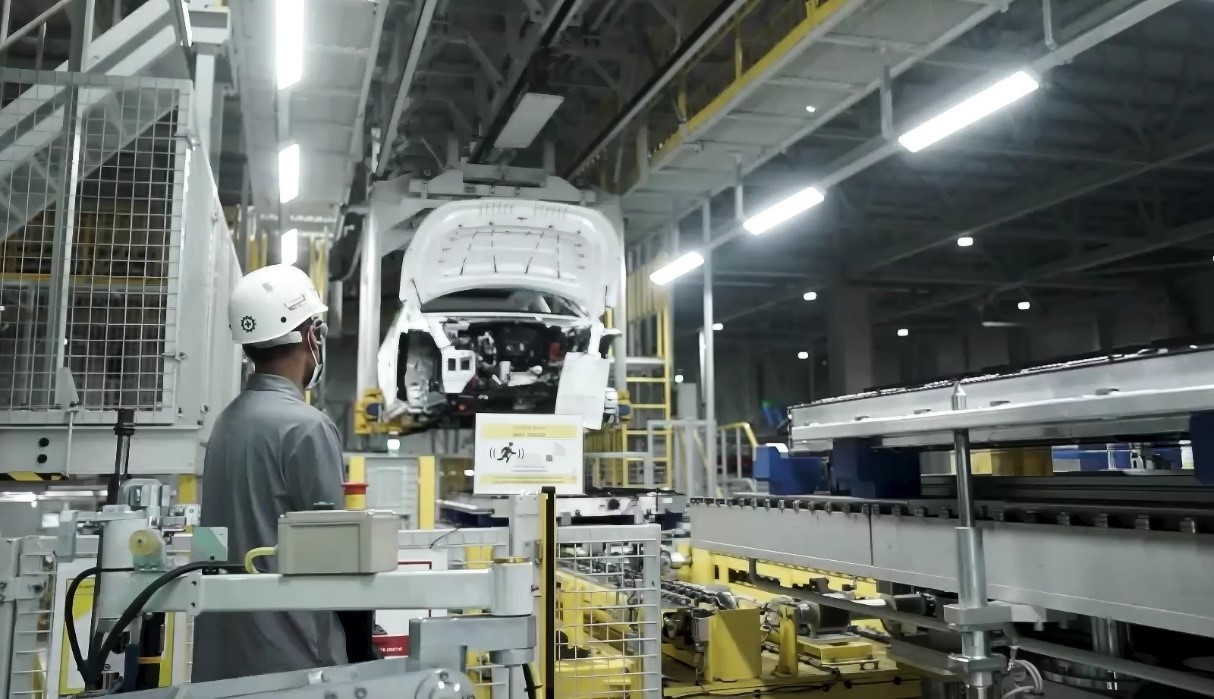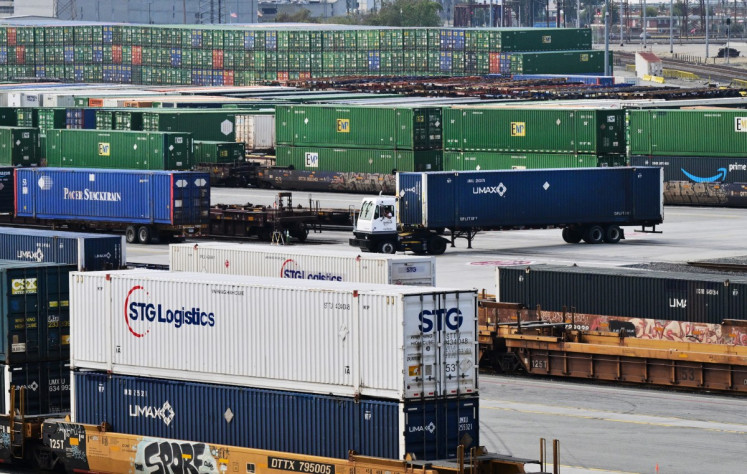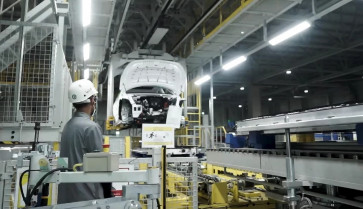Popular Reads
Top Results
Can't find what you're looking for?
View all search resultsPopular Reads
Top Results
Can't find what you're looking for?
View all search resultsASEAN businesses remain resilient but urge structural change
A survey from Boston Consulting Group (BCG) reveals that firms in Southeast Asia are sending a clear signal: what they need now are structural interventions at the regional level, not short-term relief.
Change text size
Gift Premium Articles
to Anyone
T
he global trade map is being redrawn, and ASEAN has a window of opportunity to not just adapt, but to lead. The decisions taken now will shape whether the region continues as a passive recipient of external shocks or emerges as an active shaper of its own economic destiny.
Against this backdrop, ASEAN businesses are clear and vocal about what they need. Volatility is not new to the region, firms have navigated currency crises, trade disruptions and shocks before, but the simultaneity and scale of today’s geoeconomic shifts have created a uniquely complex challenge.
Three forces in particular stand out: economic fragmentation, with diverging policies and standards reshaping trade flows; the reconfiguration of economic blocs, as partnerships are redrawn; and a surge in industrial output, driven by global overcapacity, that risks displacing ASEAN’s domestic industries.
With this heightened urgency, ASEAN has begun to take more proactive measures. ASEAN convened a series of high-level meetings earlier this year and consultations with key partners. It had also established the ASEAN Geoeconomic Task Force (AGTF), designed to strengthen early warning systems, coordinate crisis responses and promote policy coherence.
The AGTF, cochaired by the director general of international trade negotiation at the Trade Ministry, Djatmiko Bris Witjaksono, is working to synthesize strategic recommendations on how ASEAN could navigate intensifying global economic headwinds and capture it into the ASEAN Integration Report.
In light of these developments, Boston Consulting Group (BCG) conducted a survey of over 100 businesses across ASEAN spanning impacted sectors including automotive, machinery, consumer electronics, fashion and luxury and energy.
The findings paint a revealing picture, the shocks from geoeconomic disruptions are being felt, but the resilience ASEAN businesses have built since COVID-19 means they are not paralyzed by the impacts. More importantly, firms are sending a clear signal that what they need now are structural interventions at the ASEAN level, not short-term relief.


















